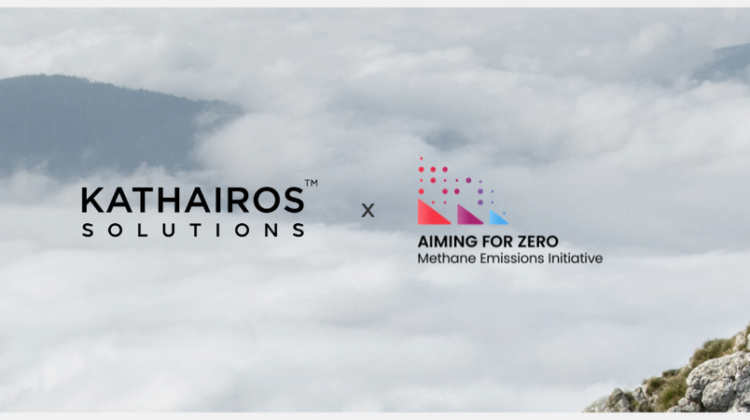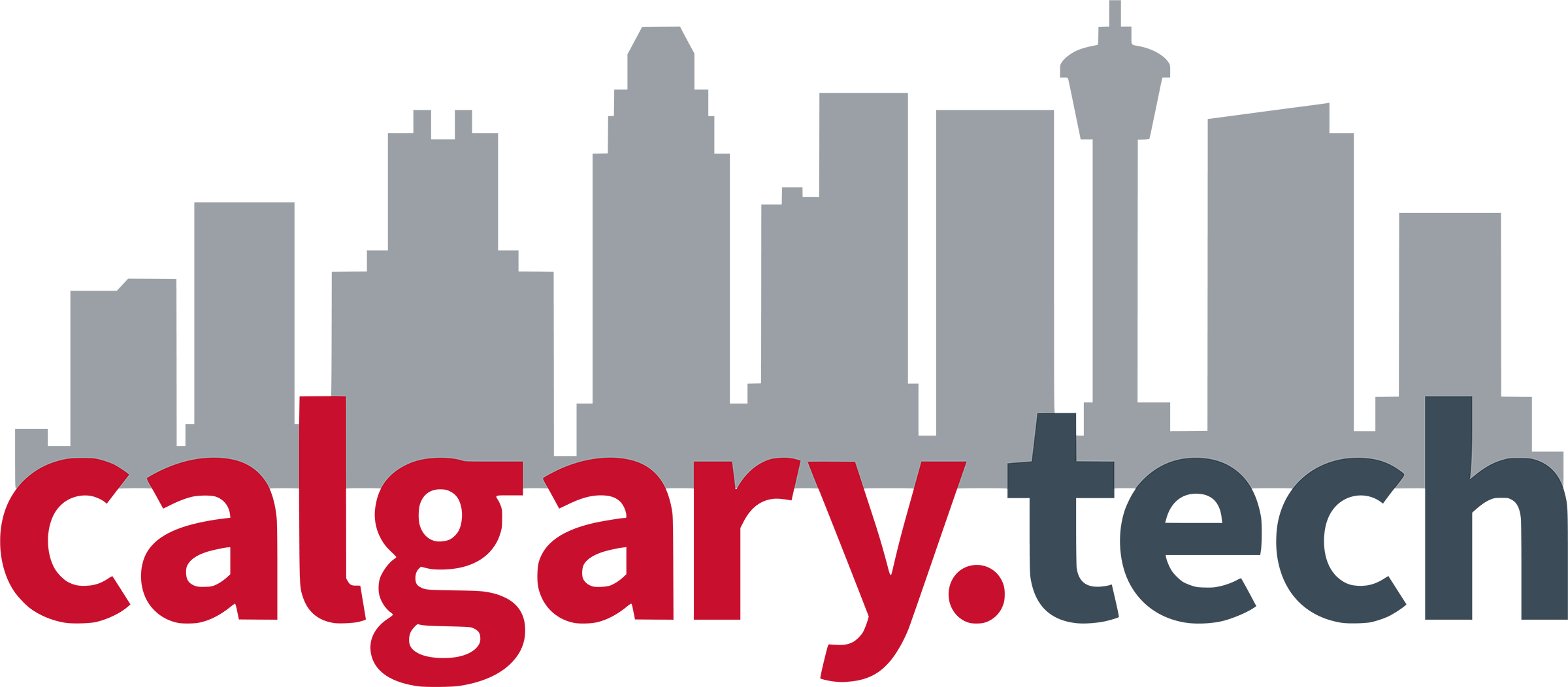
Kathairos Solutions believes that the pressure to reduce methane emissions in Canada’s energy sector continues to intensify.
The Calgary-based clean-tech provider says there is a need for innovative solutions to support ambitious targets set by government, regulators, and industry leaders alike.
For its part, Kathairos Solutions allows oil and gas producers to eliminate methane venting on remote well sites in the simplest and most economical way possible, according to a recent statement from the company.
North America has more than 450,000 such sites, routinely venting millions of tonnes of methane every year.
“We feel an urgent need to focus our resources on Alberta at this time, given that regulations now clearly point to zero tolerance for methane venting by 2027, if not sooner,” stated Dick Brown, President and CEO of Kathairos, in February.
Through expanding partnerships with producers and government, including $3.9M in funding from Prairies Economic Development Canada and $1.58M from the Clean Resource Innovation Network, Kathairos promises “intensified commitment to Alberta’s energy transformation.”
Specifically, the Alberta company will bring 1,000 methane elimination systems to the province in the year ahead—an “unprecedented technology deployment that will eliminate an estimated 141,000 tonnes of CO2e emissions annually,” according to Kathairos.
The Kathairos solution to the widespread venting of methane from pneumatic devices on remote well sites is simple: nitrogen.
“The system has no moving parts, requires no maintenance or onsite power and generates zero onsite emissions,” the company explains. “Operator involvement is reduced to a single on/off gas supply valve, and everything else is automated.”
A recent event with GreenPath Energy in downtown Calgary showcased Kathairos’ liquid nitrogen technology, “proven to power remote well site devices effectively, affordably and at scale.”
“We inventory an enormous number of sites with pneumatic venting issues and stay well informed on solutions to abate the emissions,” stated Joshua Anhalt, CEO of GreenPath. “We endorse the Kathairos solution as it enables producers to meet methane reduction and elimination regulations now, and into the future as the targets tighten towards net zero.”
The company combines this cleantech hardware with the Kathairos app, which aims to track and utilize data.
“Knowing you’ve eliminated emissions at your well site isn’t enough—you need to know the numbers,” the company says. “Kathairos’ onsite telemetry system allows for precise sensor-driven insights and operational analysis, including a valuable overview of vent rates and pneumatic actuation trends over time.”
The large-scale deployment of Kathairos’ methane elimination systems will begin as a focused effort around the Grande Prairie, Fox Creek, and Rimbey regions of Alberta. These areas are home to more than 50,000 well sites currently venting methane in their routine operations, according to the company.
“We are coming into the picture at the right time, because a lot of producers have tried other solutions and are now either finding that they aren’t the perfect fit, or that they have major flaws,” believes Kelly Doody, Chief Marketing Officer. “When you compare these to the Kathairos solution side-by-side, the right choice becomes a no-brainer from every possible angle.”
The cost of implementing Kathairos’ methane elimination solution for the average Alberta producer is less than the actual carbon offsets generated, the company asserts, allowing oil and gas producers to maximize value of emission reduction efforts, “while focusing on the next great step in their decarbonization journey.”
“It’s a straightforward install with no system downtime,” says Doody, “and because we operate similar to the propane model, it’s incredibly affordable even for smaller, low-venting wells.”
The company is a member of the Aiming for Zero initiative, which establishes an all-in approach “that treats methane emissions as seriously as the oil and gas industry already treats safety”—a tangible effort to eliminate the industry’s methane footprint by 2030, endorsed by the CEOs of major oil and gas producers.



Leave a Reply